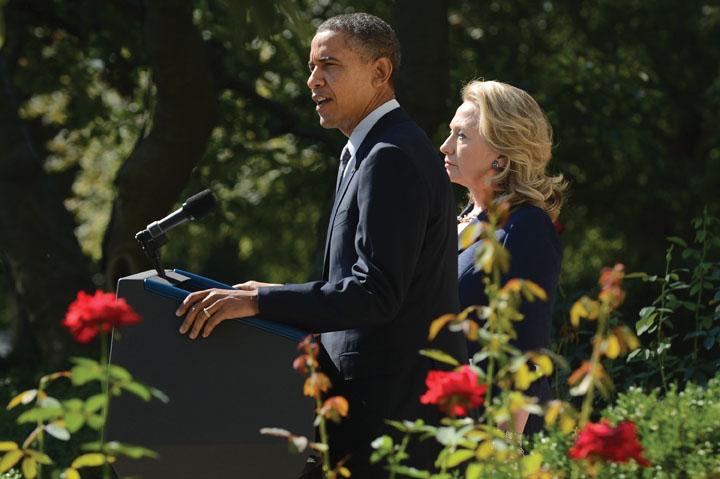Obama super PAC endorses Clinton
photo by MCT Campus
At the turn of the new year, the largest Democratic super PAC in the nation “Priorities USA Action” began inundating the Hillary Clinton presidential campaign with political expertise, staffing, and chiefly, money. This endorsement proves to be one of the earliest moves towards raising funds for a non-incumbent presidential candidate, with the move coming only a year after President Obama’s official inauguration into his second and final term. Oddly enough, the super PAC responsible for the Clinton campaign’s recent influx of money is the same group that helped fund Obama in his victory over Clinton during the Democratic primaries in 2008.
However beneficial this move will be monetarily for Clinton’s campaign, the former presidential candidate already had the widely considered second largest super PAC funding her campaign: “Ready for Hillary”. The influx in financial power has many Democrats excited however, many are worried about the role that money plays in modern elections.
“This seems like a preemptive move that absolutely undermines his party’s selection process, and will harm other potential candidates. Even more importantly, the monetary sway in power that the Obama super PAC has will deter other potentially great leaders from starting their campaigns,” senior Patrick Talsania said.
Priorities USA’s endorsement of the Clinton campaign, however, was not endorsed by Clinton herself, contrary to popular belief. The Clinton campaign now has two major super PAC’s ready to open the floodgates with financial backing, and Clinton herself has not yet officially declared her candidacy for the 2016 presidential elections. It would appear that Obama has endorsed Clinton even without her reciprocation.
“The money is certainly an advantage but Hillary is a very polarizing figure so many people may be looking to someone they don’t have to constantly defend,” government teacher Elizabeth Kelley said.
The foresight exemplified by the Obama administration seems to be in an effort to continue Obama-style legislation after he ends his final term in 2016. This is a controversial move, to be certain; money’s role in deciding elections has always been a source of debate. However, no federal campaigning laws have been broken through this endorsement, and only time will tell if the forethought in the Obama camp will prove worthwhile, or detrimental to the other Democratic hopefuls come 2016.
It turns out, in fact, that the implications of the super PAC funding have already rung through the local political world; Maryland governer Martin O’Malley’s campaign for president was hindered by the influx of cash.





